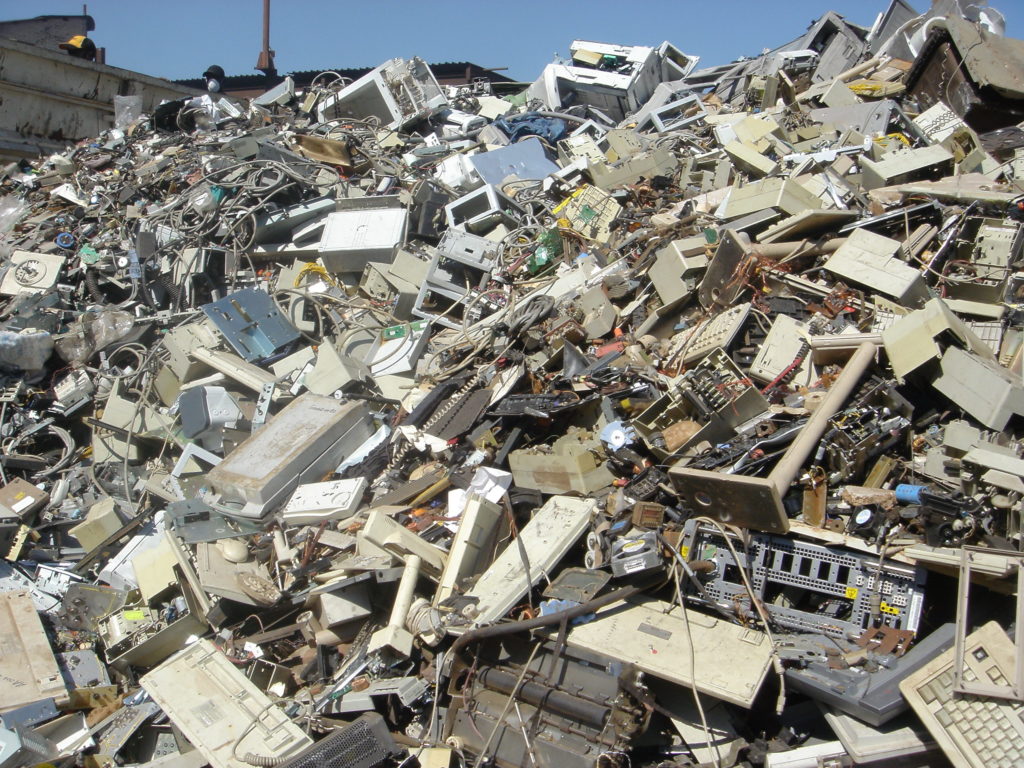A non-governmental organisation (NGO), E-waste Relief Foundation (ERF), on Wednesday, July 28, 2021 sensitised students of the Yaba College of Technology Secondary school, Lagos, to the dangers and challenges of electronic waste (e-waste).

Dr Ifeanyi Ochonohor, President ERF, in his welcome speech at the Students Sustainability and Awareness Programme (SEAP), said that the sensitisation would expose the students to e-waste management and its sustainability.
Ochonogor said that students were the key to reach out to families and friends that poor disposal of e-waste could lead to toxic effects such as lead poisoning of the air, water, food and the environment generally.
He described the venture as an awareness creation exercise critically to bring major understanding of the challenges and solutions of e-wastes in Nigeria and Africa.
“We targeted the students, the youth, because they are key to any civilisation of any country.
“We want to raise the level of awareness; to take the awareness home to tell their families that there are e-waste crises.
According to Ochonogor, the e-waste crises could also result to deaths if not properly managed, hence the awareness.
“We are spreading the awareness of what e-waste recycling or management company should be doing and how ERF is doing to handle e-waste.
We had to take a paradigm shift to educate school heads on tthe dangers of e-waste so as to be able to sustain the awareness through the teacher to the student down to families and friends.
Mr Taiwo Adewole, consultant, Waste to Wealth, Lagos State Waste Management Agency (LAWMA), said that sensitising the students to e-waste recycling in Nigeria should be paid attention to.
Adewole addressed the students on need to sort refuse according to their degradable and non-degradable nature, noting that, presently in Lagos State, collection of waste was done by the cart pushers.
He said that the Federal Government in collaboration with the Lagos State Government was about to set up 30 collection centres of e-wastes all over the state through which the students could make money.
Adewole said that by the 30 collection centres there would be collaboration with the informal sector (scavengers) and through this way there would be no burning of refuse anymore.
According to him, in place for the scavengers would be a collection centre where they can convert waste to wealth through enumeration.
The consultant said that at the collection centres recycling companies such as ERF would pick up the refuse for recycling without endangering the environment.
He, however, urged the students to take advantage of the waste-to-wealth to make money as well as eliminate e-waste from the society.
Also speaking, Anser Davies, representative of E-Terra Technologies, said that incinerating e-waste could lead to lead poisoning.
Davies said that lead is a chemical used in the production of all electronic devices and the consistent wrong disposal of lead would create environmental pollution that would be toxic to humans and the environment.
By Stellamaris Ashinze
